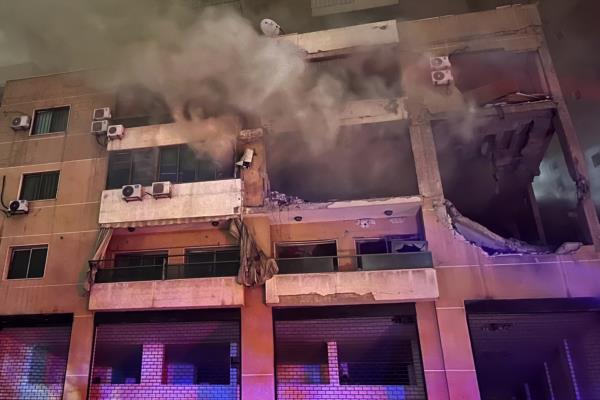
Israel has recently claimed responsibility for a targeted strike in Beirut, citing its aim to target the Hezbollah commander allegedly responsible for a deadly attack in Majdal Shams. This move has raised concerns about the potential escalation of tensions in the region, with fears of a looming regional conflict.
The Israel Defense Forces reported that Fu’ad Shukr, identified as the most senior Hezbollah military commander, was killed in the strike. However, the Iran-backed Lebanese militant group, Hezbollah, has not officially confirmed Shukr's death. If confirmed, this would mark the highest-ranking official of Hezbollah to be assassinated since 2016 when its top commander, Mustafa Badreddine, was killed in Syria.
Reports from Lebanese media indicate that the strike resulted in the deaths of at least three individuals and left 74 others wounded. The attack has sparked significant attention and raised concerns about the potential repercussions it may have on the already volatile situation in the region.



Israel's decision to carry out the strike was reportedly in retaliation for a rocket attack that occurred on Saturday in the Israeli-occupied Golan Heights. The rocket attack resulted in the tragic deaths of 12 children, an incident that Israel has attributed to Hezbollah.
The recent developments in the ongoing conflict between Israel and Hezbollah underscore the complex and volatile nature of the situation in the region. The targeted strike in Beirut and the subsequent events have further heightened tensions and raised fears of a potential escalation that could have far-reaching consequences.







